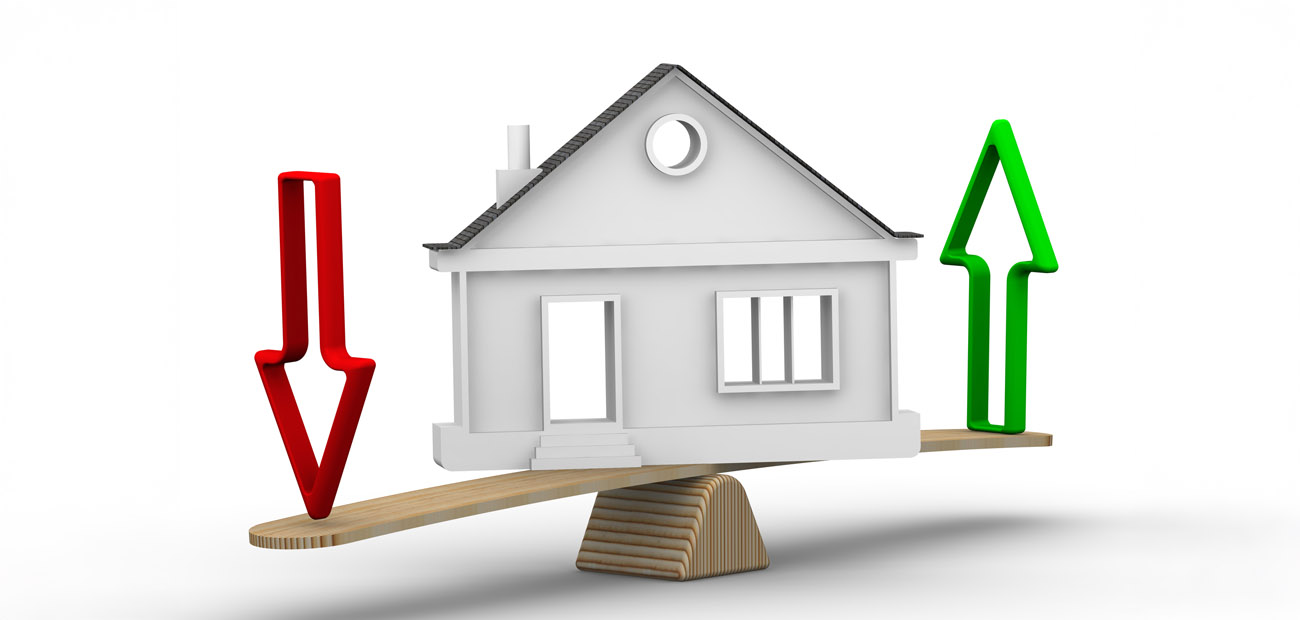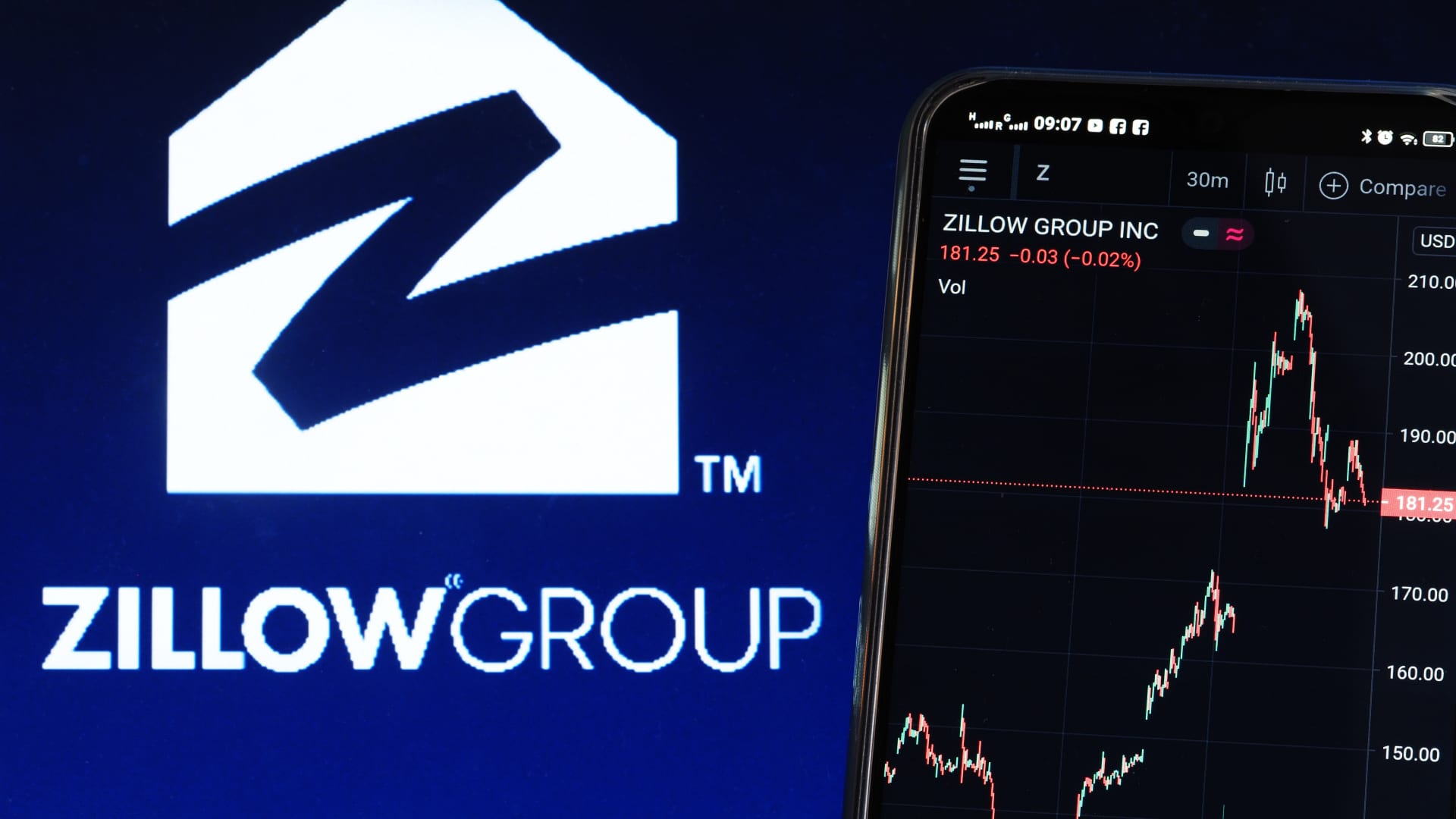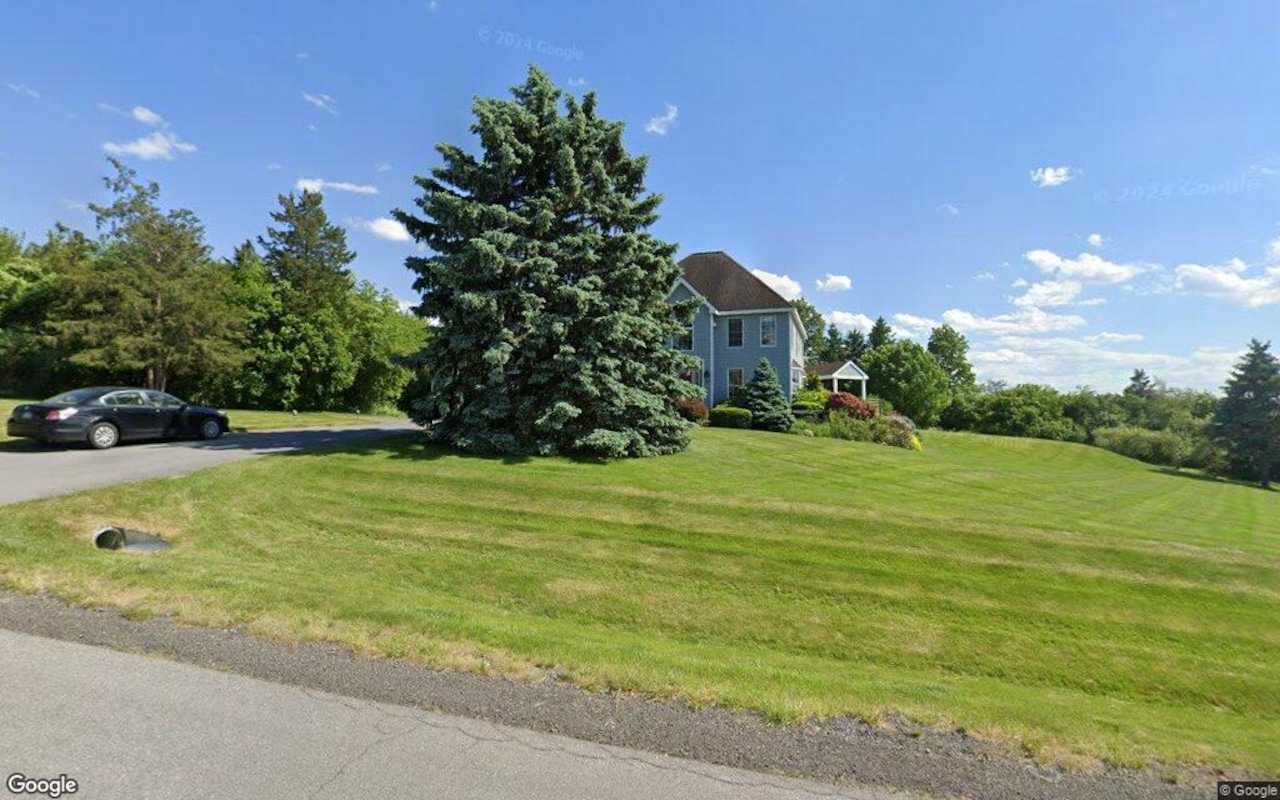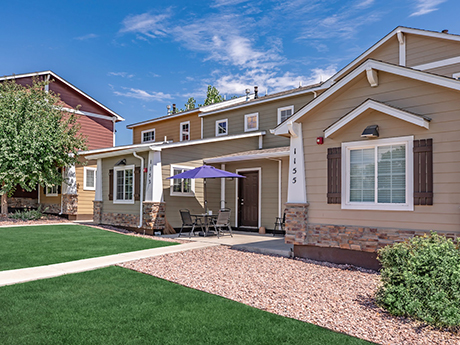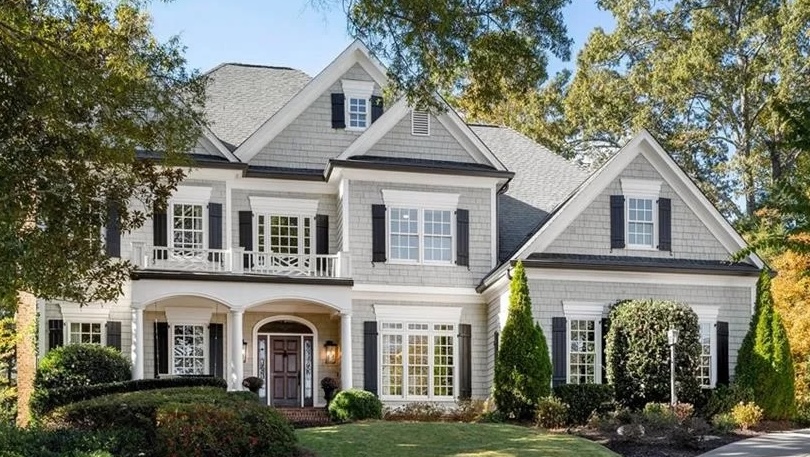S
ome industry reports are highlighting a trend of home sellers lowering their asking prices, but this doesn't necessarily mean the market is in decline. According to National Association of REALTORS' research, the national median single-family existing-home price hit an all-time high in the second quarter. While certain markets may be experiencing slight dips or even 10% price declines, as seen in some Florida condo markets, overall home prices remain at record highs.
Homeowners have accumulated significant equity over the past five years, with an average gain of $140,900, according to NAR's research. However, sellers are facing more competition due to rising housing inventories, up 16% in June compared to a year earlier. This means they need to be realistic about their pricing expectations.
Real estate experts caution against overpricing homes, which can lead to slow sales and missed opportunities. Instead, they advise sellers to watch pending sales closely, price competitively, and adjust when needed. A well-timed price reduction of 2-5% can generate renewed interest in a property.
Buyers may view price adjustments as an opportunity to negotiate on price, terms, or even repairs. Listings with longer market times can give buyers more leverage, while overpriced homes shouldn't be dismissed – they could be an opportunity for buyers to negotiate.
Despite some markets witnessing listing price adjustments, the housing market's outlook remains bright. NAR is forecasting existing-home sales to increase by 3% by the end of 2025 and surge by 14% in 2026. Median home prices are projected to moderate to a 1% growth this year and then jump 4% in 2026.
Over the long-term, homeowners tend to come out on top, building wealth while renters expend more and more. Homeowners' median net worth is projected to be $430,000 versus renters' median net worth of $10,000 by 2025.
